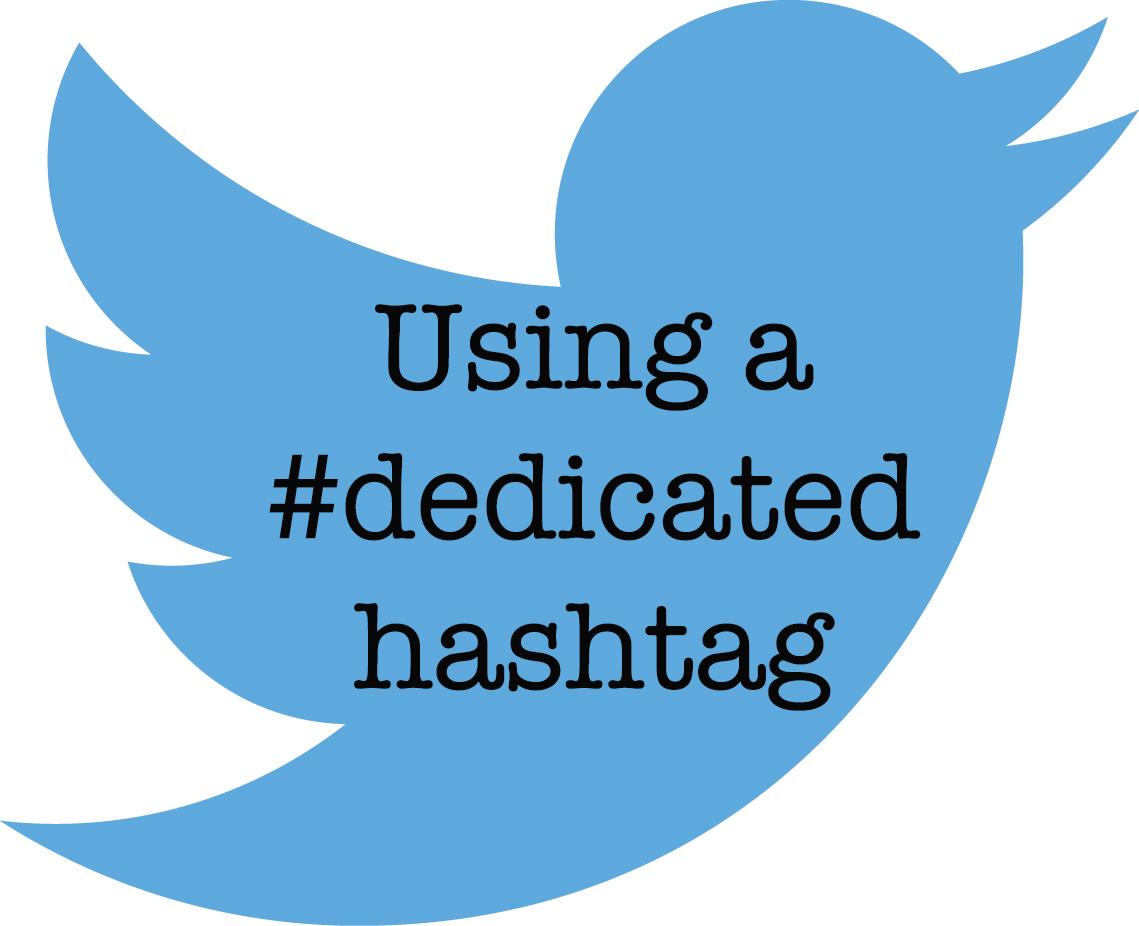
Using dedicated hashtags on Twitter
This is day 15 of 30-day blog challenge. Read day 14: “Inspirations to keep going”
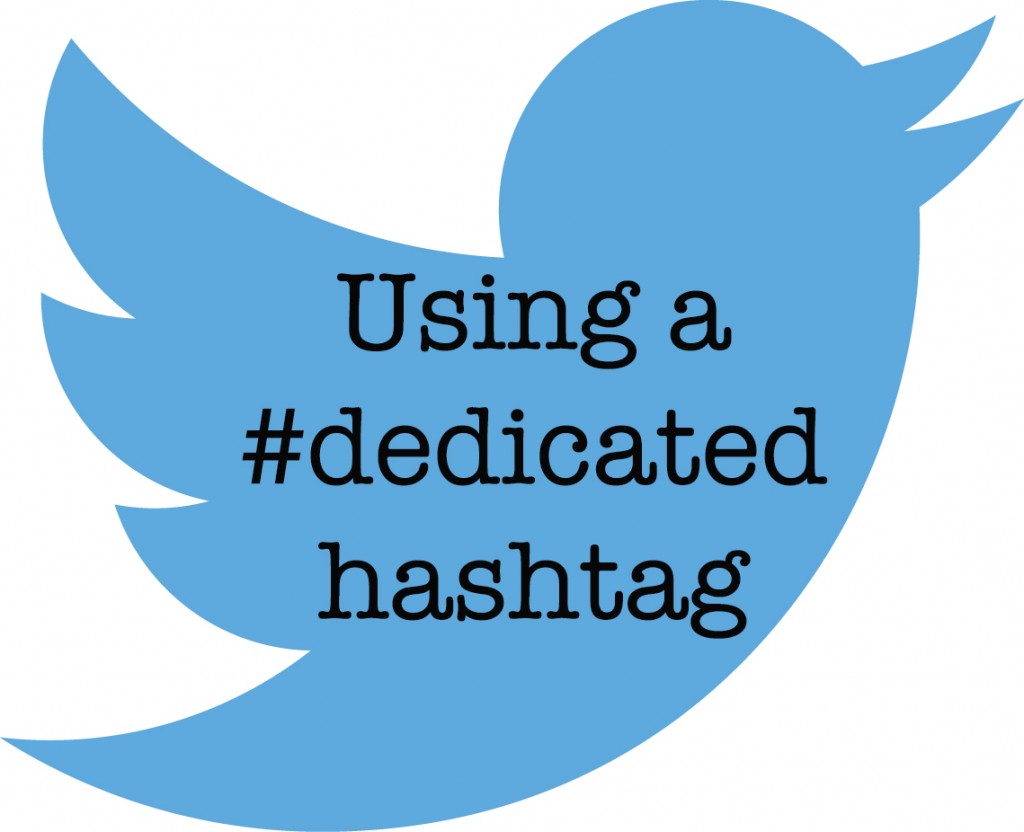
Using a dedicated hashtag
Most Twitter users know by now what a hashtag is, but many seem to use the tool as a joke instead of as a way to search, connect and position. I like the idea of a positioning statement or a slogan that instantly places your product or services in your consumer’s mind. What I like about it is the possibility to make a genuine impact. A dedicated hashtag is an opportunity to position a brand, product or service in others’ minds, but you have to stay sincere.
I try to write about social media and how marketing online often comes in the form of social networking. I generally use hashtags that identify the core message for individual tweets. Some of the dedicated hastags I use include #socialmedia and #content because I want to distinguish myself as part of this industry. I avoid using a hashtag just for the sake of using it, and I try not to “sell” socially.
Listening is key to engaging
One thing I read or heard somewhere involves the idea that in a real-world situation at an office party or networking function, you wouldn’t just walk up to a group of influential people and interject with whatever you wanted to talk about. You would walk up to the group and listen. The first stages in marketing and advertising always involve research, which means listening.
Many mistakes in social media marketing have been made by companies and individuals trying to capitalize on an event or social issue. Imagine a company trying to increase sales by using a hashtag just to jump in the conversation (like #HurricaneSandy), then announcing a 20 percent-off sale! Similar things have happened!
When listening and understanding line up with timely quick wit, you see marketing genius in hashtag usage. Like Oreo’s brilliant tweet during the SuperBowl blackout. The image of an Orea cookie against a dark background that announced something to the effect of “Lights out? You can still dunk in the dark.” This quick-witted and timely tweet used a touch of humor and its core brand image to light-heartedly join the conversation.
How most people use hashtags incorrectly
Other than just joining the conversation to say what you want to say, without listening ad engaging, another way to incorrectly use hashtags is to use a lengthy hashtag as a joke. Using a hashtag once or twice as a joke is just ineffective. Using a hashtag phrase with more than three words is generally considered annoying and is ineffective.
Many people and organizations search by hashtag, so using hashtags like “socialmedia and #content will help me associate myself and my ideas with others in the same conversation. The other way to use hashtags is to create or dedicate a hashtag to your brand.
I’ve advised Russell Eldridge (my husband) to try using #toddlerguitar in tweets that refer specifically to teaching our 3-year-old daughter to play guitar. My idea here is to create a dedicated hashtag that he can use to distinguish his ability to teach young guitar players. Not that 3-year-olds make up a large market for guitar students, but it’s my idea that if it works well, he can stake out part of this niche.
Also, in using a dedicated hashtag like #toddlerguitar, future students or interested individuals can search the hashtag and follow the progress. I’ve recommended he use this as a way to gather content and possibly blog about the pros and cons of teaching such a young student.
Test it out by searching for #toddlerguitar. Leave me your thoughts in the comments about how you’ve used hashtags on Twitter.
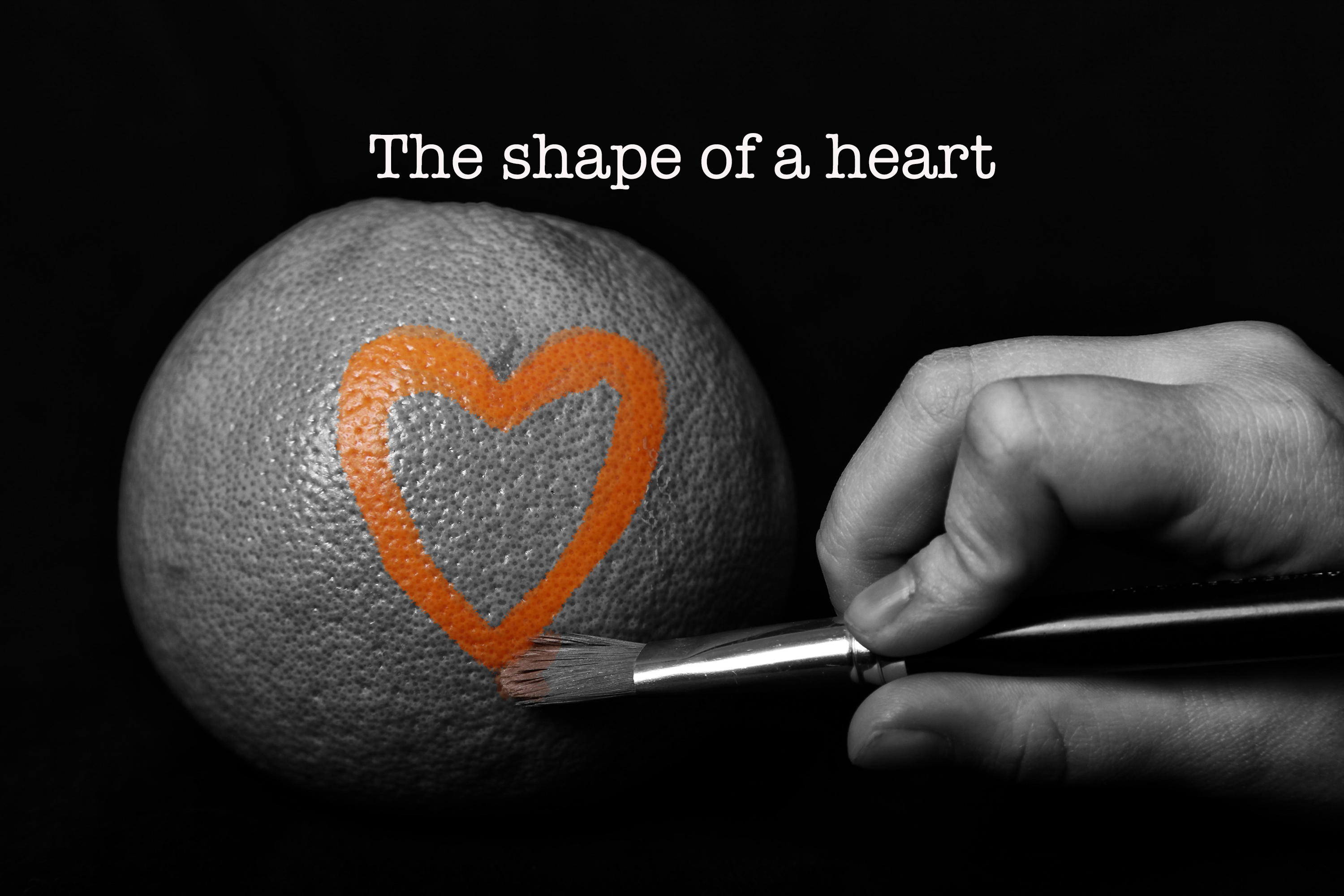
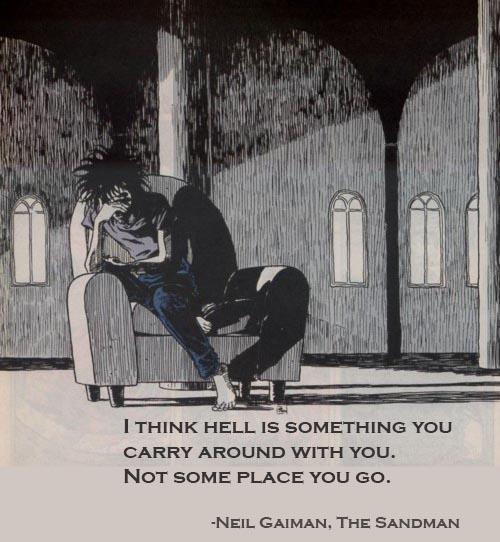
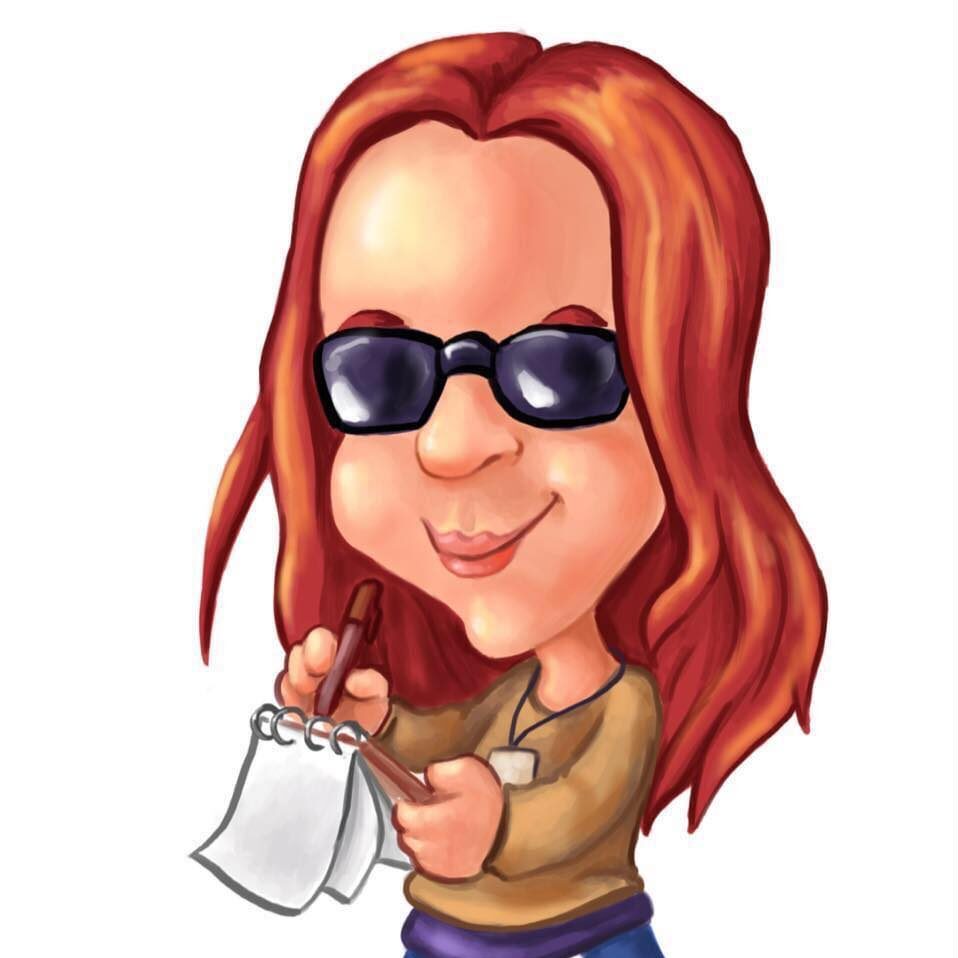
One Comment
Pingback: